“The first time I built and showcased the prototype of a robot that cleans septic tanks, it was met with laughter from the municipal workers who do this work manually,” recalls Divanshu Kumar, CEO of Solinas Integrity.
This scepticism was a turning point, he says, as he realised he needed to spend more time understanding firsthand how the workers did their job, to finetune his invention.
Co-founded in 2018 by Kumar and Moinak Banerjee, Solinas Integrity has emerged as a provider of AI-powered cleaning robots for pipeline maintenance.
Incubated at IIT Madras, the deep-tech startup wants to address challenges in sanitation infrastructure maintenance through innovation. “Our mission is clear: reduce waste leakages and contamination, thereby eliminating manual scavenging,” Kumar states.
Solinas has developed three products till date.
The first is an inspection robot, Endobot, for underground pipelines — whether water, sewerage or other drainage — to detect leakages, contamination, and blockage. “This robot can inspect pipelines as small as 90 mm in diameter,” says Kumar.
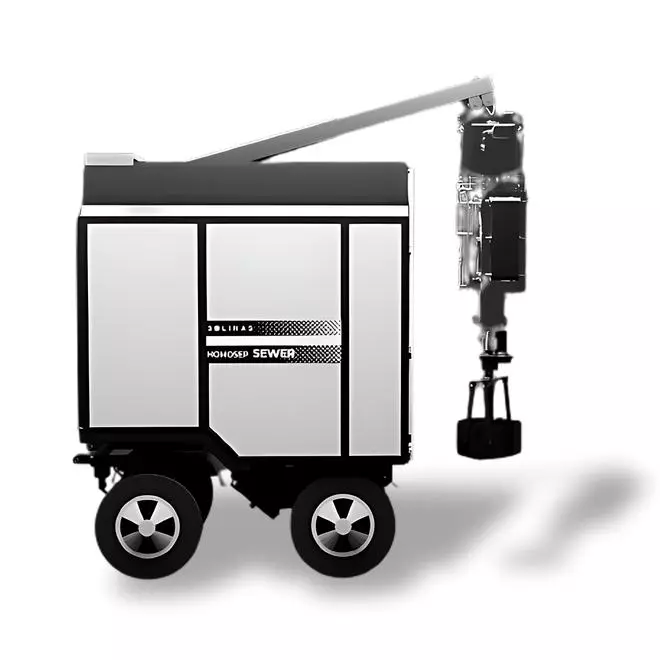
Homosep is used to clean manholes and septic tanks
The second product, Homosep, is designed to clean manholes and septic tanks, aiming to end the hazardous practice of manual scavenging.
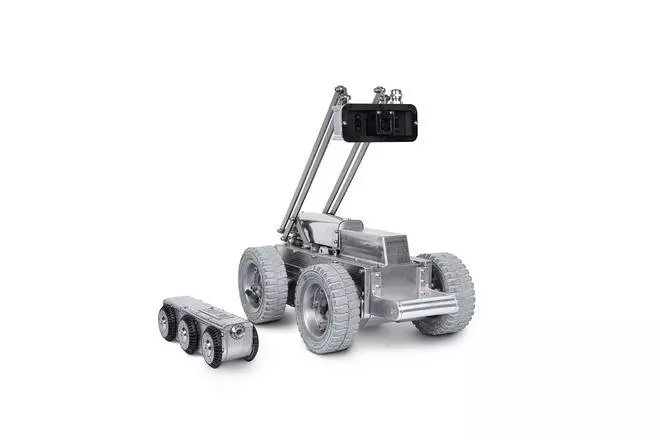
Endobot, inspection robot for underground pipelines
The third is Swasth AI, an AI-powered dashboard that maps manholes and underground networks of pipelines and septic tanks. “Many problems arise because people don’t even know where these assets are,” notes Kumar.
Challenges
A major challenge for the company is in working with septic tanks, given the complex composition of the sludge. “Suction machines mostly remove only the watery component, leaving behind the stubborn silt that settles at the bottom over time,” Kumar explains.
To address this, the team used chemical engineering techniques to recreate the sludge’s composition in a lab. “This allowed us to understand the problem better and develop a robot capable of scraping out the silt without any manual intervention,” he says.
Another challenge is in managing the pricing of the products, since many of the components had to be imported initially. The company gradually shifted to local manufacturing, which today accounts for nearly 80 per cent of its output.
Solinas has also collaborated with companies like Suez, Veolia, and L&T, which hold privatisation contracts with the government for water supply and sewerage management.
The company has also worked with policymakers to advocate for improved sanitation practices.
Future plans
Backed by investors such as Rainmatter and Neev Fund II by SBI cap ventures, the company aims to expand its services to 100 cities within three years, and reduce water leakage and contamination by at least 20 per cent, while eliminating manual scavenging.
It also eyes international markets, particularly West Asia and Southeast Asia. “We don’t just sell products, we also provide services to ensure they are used effectively,” Kumar says, highlighting the need for more training and manpower in this evolving sector.
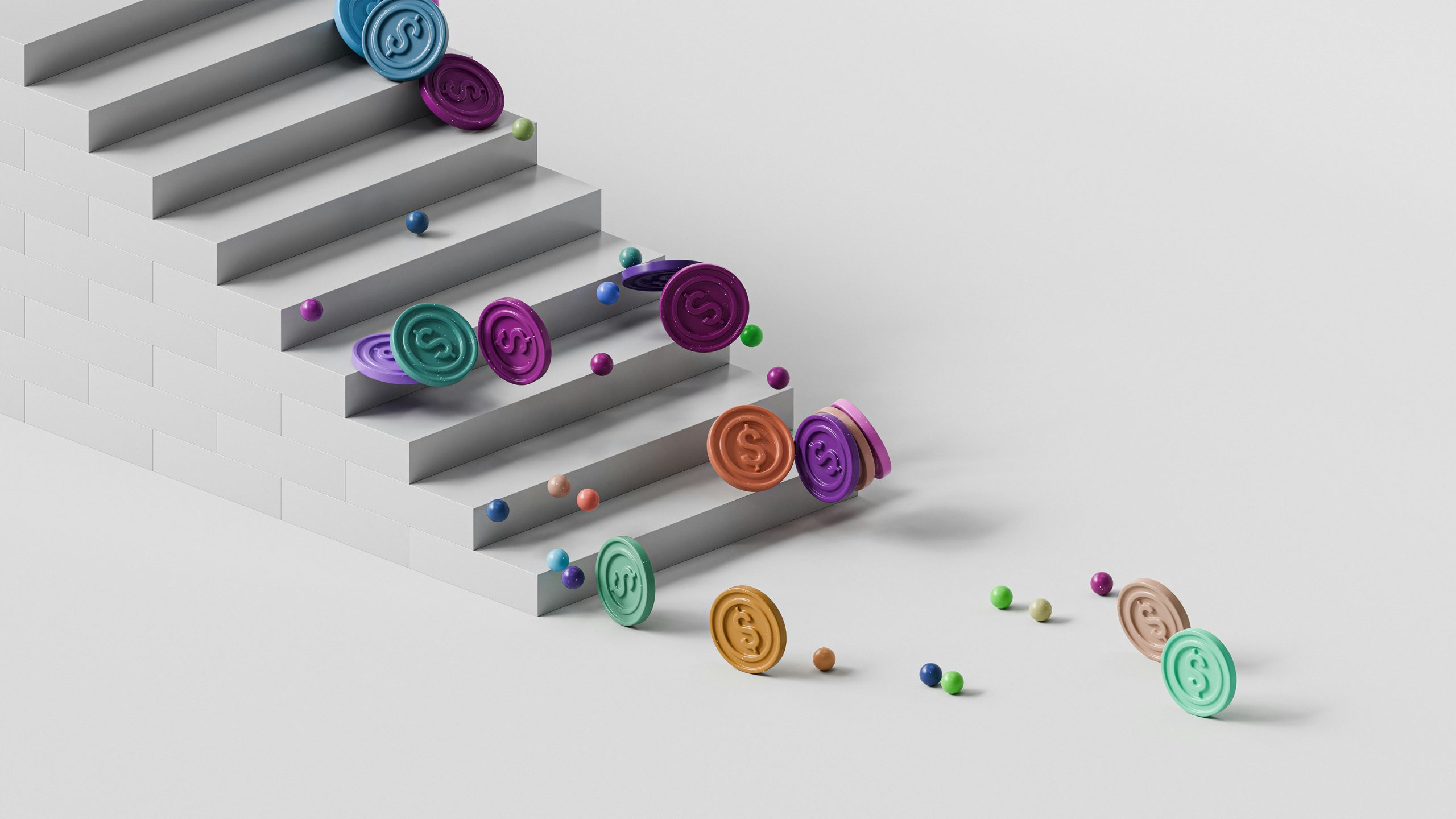
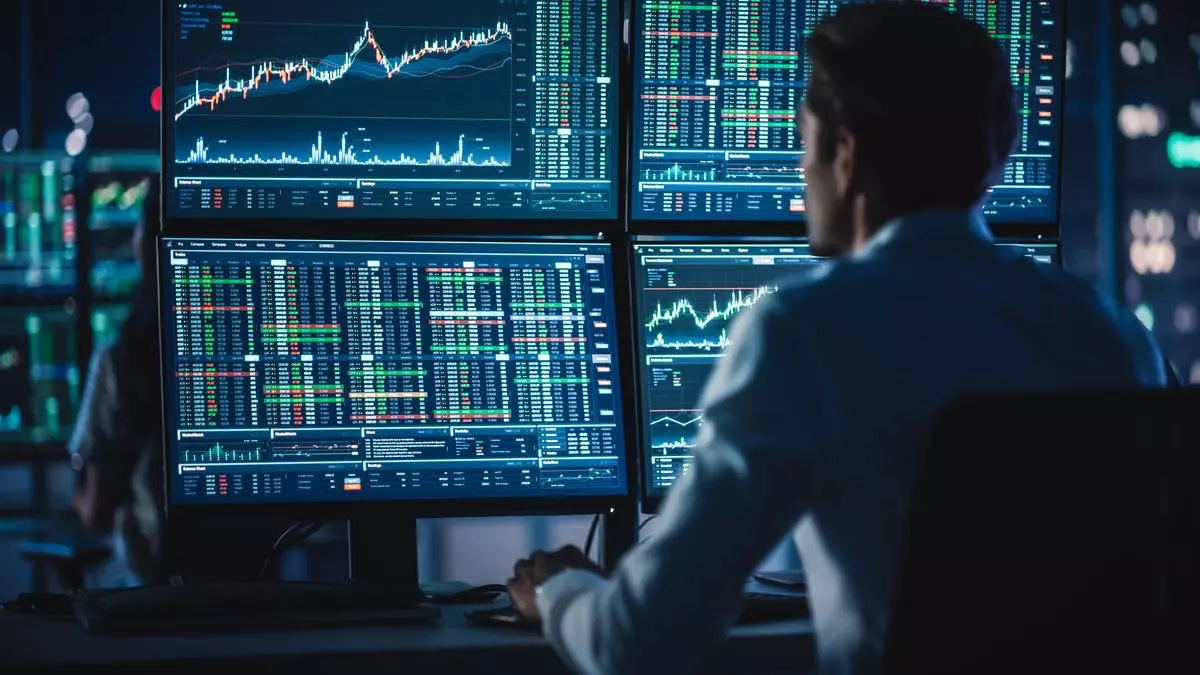
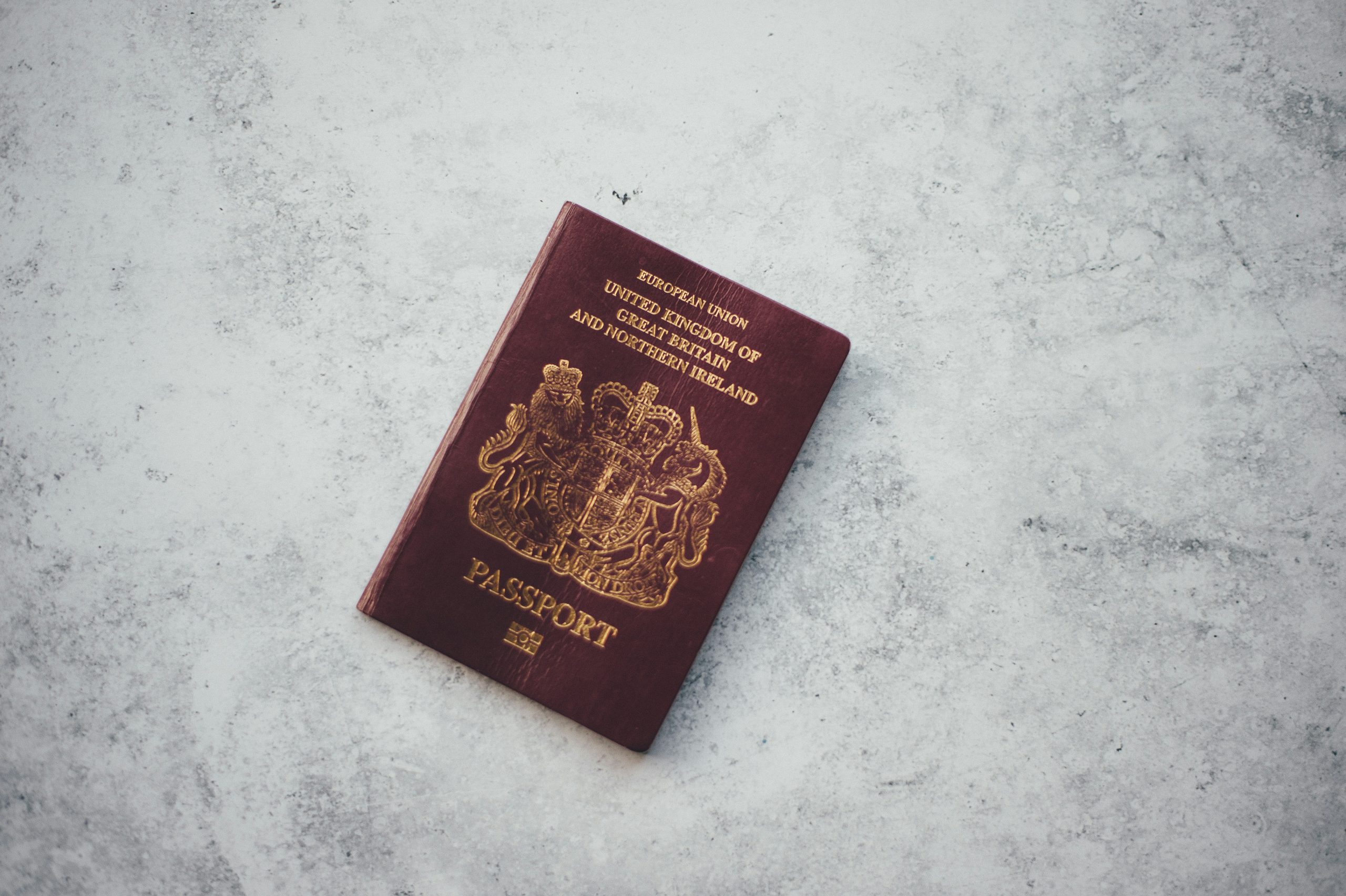



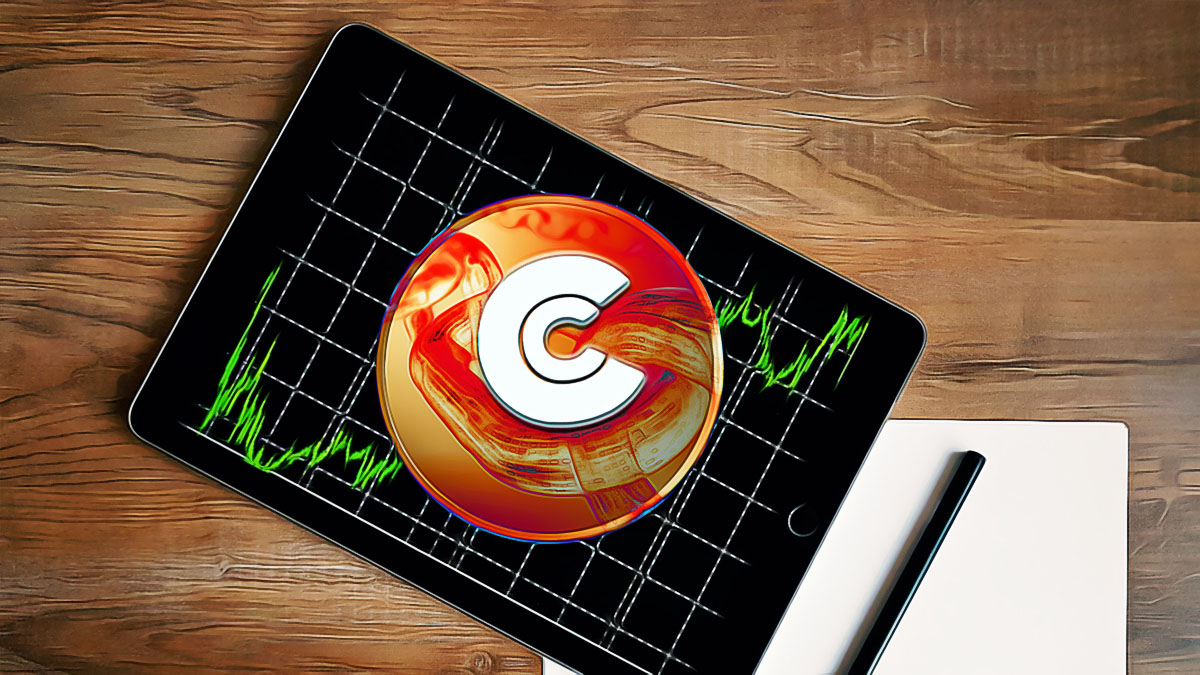
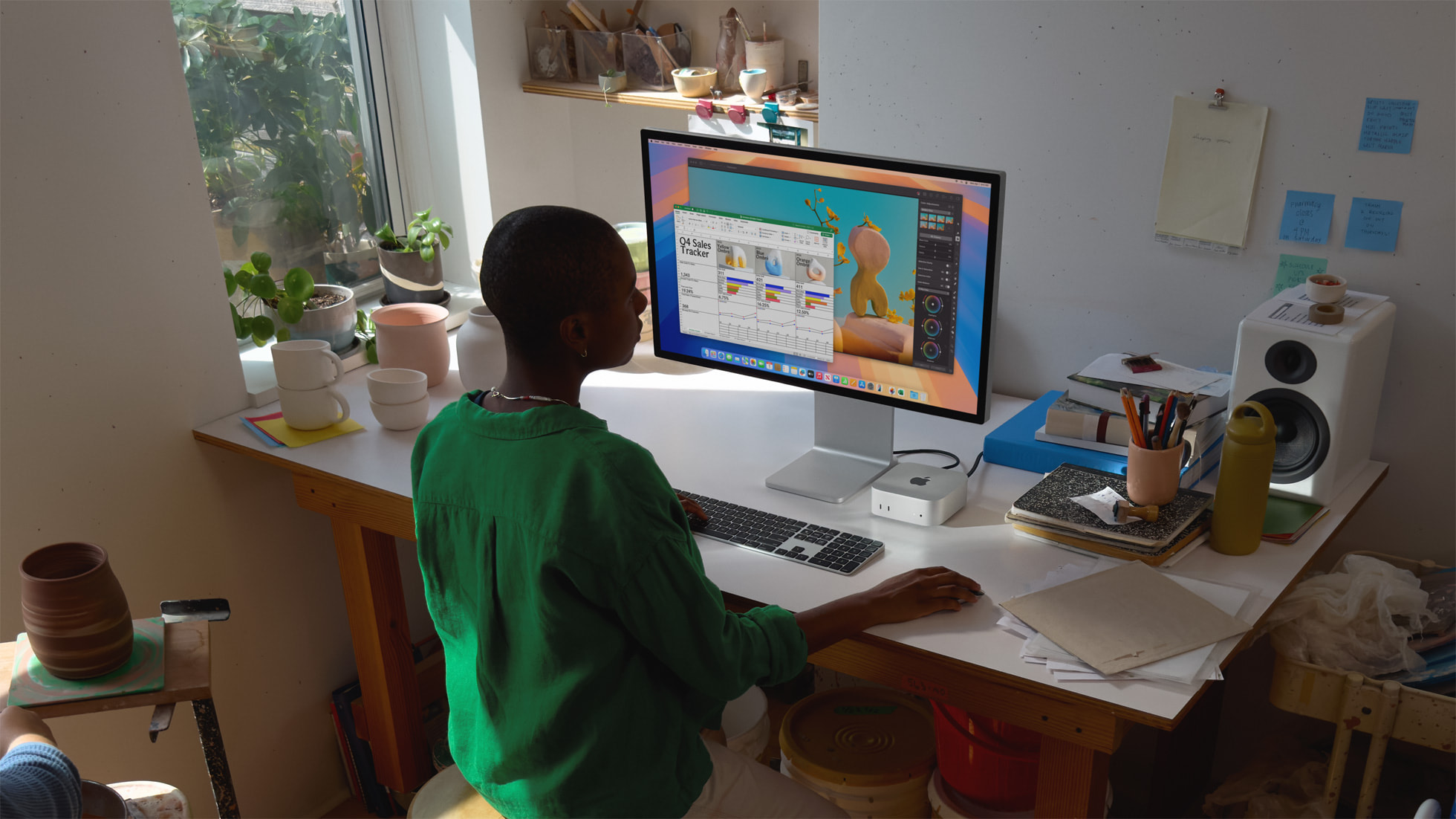

Leave a Comment